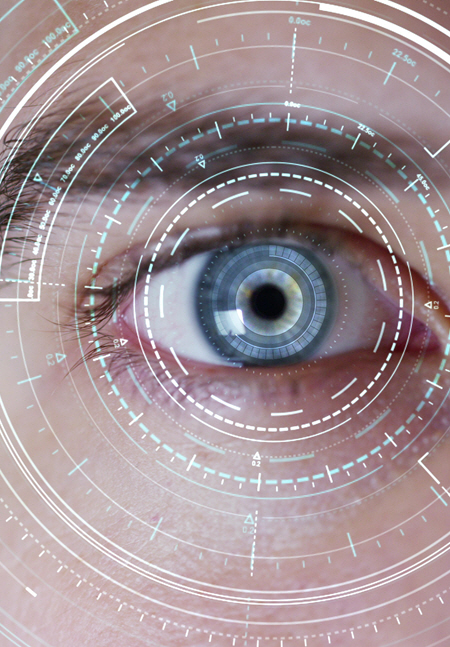“The past is never dead. It’s not even past.”
– William Faulkner
 The power of the past
The power of the past
You don’t know why, but since that day… you’ve been irritable with the ones you love, always on edge.
You can’t seem to enjoy the things you used to and aren’t yourself anymore.
Here’s the thing: the past is only the past to the extent it isn’t impacting the present. And quite often, it has much more of a hold on you than you think. Sometimes, the impact of things you’ve seen and experienced begins to steal your present.
But you don’t have to resign yourself to a life dictated by the past.
The promise of the future
You can put the past in its proper place.
You can create a presence in which you feel like yourself again.
And you can look forward to your future.
With EMDR.
This extensively researched, highly effective treatment helps people heal from the impact of traumatic or disturbing life experiences.
 How your brain is designed to work
How your brain is designed to work
In the same way that your body can heal itself when you’re cut (barring the size of the cut and any interruption in the healing process, which might then require intervention), your brain has an innate and adaptive way of processing and storing your experiences into memories.
Under normal circumstances, this processing system takes the experiences you’ve had that day and transfers them to the hippocampus – the portion of your brain where long-term memory is stored.
This process occurs primarily during Rapid Eye Movement (REM) sleep. As your brain adaptively stores an event in long-term memory, it attaches a time component.
In other words, when your brain properly stores a memory, your mind knows the experience that occurred in the past.
But more importantly, your body (nervous system) knows the experience occurred in the past – and can stop reacting as if it’s still happening in the present.
How trauma affects its function
Unfortunately, it doesn’t always work that way.
When you experience something traumatic or anything particularly emotional or overwhelming, the process can be severely disrupted. Your adaptive processing system may be unable to transfer that memory into the hippocampus and attach a time component.
Instead, it may store the experience in your nervous system.
This erroneously stored memory means that, although you know the experience occurred in the past, your body does not – and reacts over and over as if it’s happening now.
How EMDR can help
EMDR activates your brain’s adaptive information processing system – so your brain can adequately store the disturbing experience in long-term memory.
Your body can finally relax, and you can feel like yourself again.
What is a session of EMDR like?
First, EMDR is very safe and noninvasive.
The crux of the therapy is that you will bring to mind the disturbing experience while engaging in your choice of visual, audio, or tactile bilateral stimulation, which activates your brain’s adaptive processing.
Bilateral stimulation is stimuli that alternate left to right to activate both sides of your brain.
Examples include watching a light go back and forth across the midline, holding buzzing pulsars in your hands, or wearing headphones that play a tone from ear to ear.
The preferred treatment for trauma
EMDR is the preferred treatment for trauma for several reasons.
First, you don’t have to relive the trauma. That’s right. It doesn’t require you to talk in detail about your experience, which can be extremely difficult.
Second, research shows it can be highly effective in a relatively short time. In one study, after only three 90-minute sessions, 84%-90% of single-trauma victims with PTSD no longer had post-traumatic stress disorder.
In another study, funded by Kaiser Permanente, 100% of the single-trauma victims and 77% of multiple trauma victims were no longer diagnosed with PTSD after only six 50-minute sessions. And in a third study, 77% of combat veterans were free of PTSD in just 12 sessions.
Finally, the World Health Organization, the American Psychiatric Association, and the Department of Defense recognize EMDR as an effective form of trauma treatment. It has helped millions of people like you heal from the symptoms and distress caused by traumatic or disturbing experiences.
Reclaim your peace of mind – and your life
Ready to put the painful pieces of your past to rest?
Contact us today at (719) 726-0094 for a free consultation.

